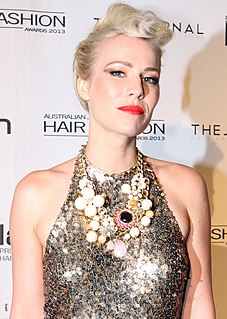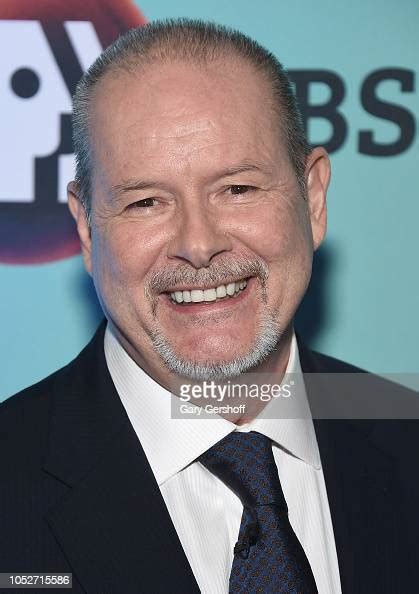A Quote by Lauren Groff
We need the skeletons of other stories to understand our own, sometimes.
Related Quotes
Myths are stories for our search through the ages for truth, for meaning, for significance. We all need to tell our story and to understand our story. We all need to understand death and to cope with death, and we all need help in our passages from birth to live and then to death. We need for life to signify, to touch the eternal, to understand the mysterious, to find out who we are.
We are different. We are equal in every way but our voices are important to each other and our need to want to listen to each other and try to understand, because sometimes we are so difficult to understand. Men to understand us, and we to understand men. And we don't. We don't connect the way we should.
Sometimes it's a little overwhelming to take on other people's stories, that's just the kind of person I am, maybe I'm empathetic to a fault, I internalize a lot, so it can be a bit hard sometimes, but I understand that that's what they need, and if I can do it, then I'll do it, but if I can't, then I'll try to take a knee.
I believe these stories exist because we sometimes need to create unreal monsters and bogies to stand in for all the things we fear in our real lives: the parent who punches instead of kissing, the auto accident that takes a loved one, the cancer we one day discover living in our own bodies. If such terrible occurrences were acts of darkness, they might actually be easier to cope with. But instead of being dark, they have their own terrible brilliance. . . and none shine so bright as the acts of cruelty we sometimes perpetrate in our own families.
Hope is such a powerful thing. We all have hope for different things, but I think sometimes we need to share our hope with other people. We're sometimes in our own issues, and it isolates us, but when we come together and encourage each other and give a little bit of hope, it can, like it says in the song, go a long way.
It seemed to me at an early age that all human communication - whether it's TV, movies, or books - begins with somebody wanting to tell a story. That need to tell, to plug into a universal socket, is probably one of our grandest desires. And the need to hear stories, to live lives other than our own for even the briefest moment, is the key to the magic that was born in our bones.
Perhaps this is what we mean by sanity: that, whatever our self-admitted eccentricities might be, we are not the villains of our own stories. In fact, it is quite the contrary: we play, and only play, the hero, and in the swirl of other people's stories, insofar as these stories concern us at all, we are never less than heroic.
The desire for story is very, very deep in human beings. We are the only creature in the world that does this; we are the only creature that tells stories, and sometimes those are true stories and sometimes those are made up stories. Then there are the larger stories, the grand narratives that we live in, which are things like nation and family and clan and so on. Those stories are considered to be treated reverentially. They need to be part of the way in which we conduct the discourse of our lives and to prevent people from doing something very damaging to human nature.






































